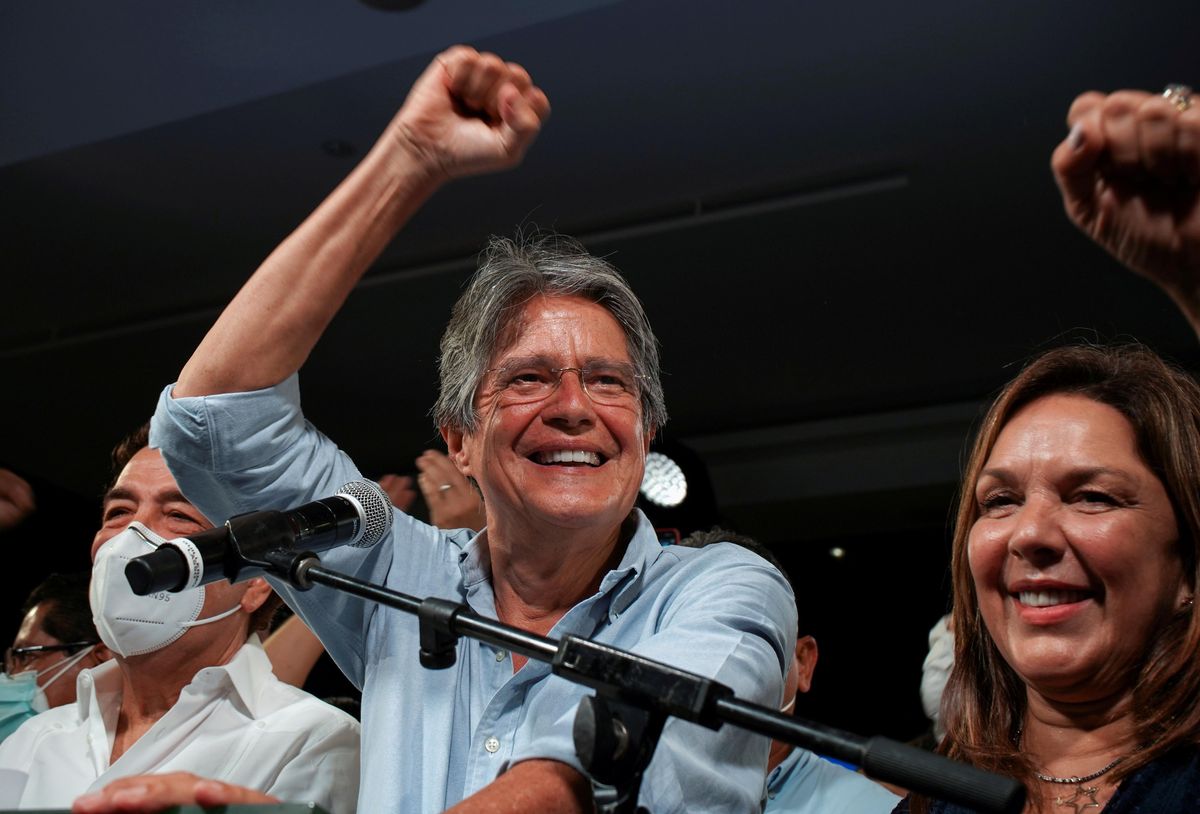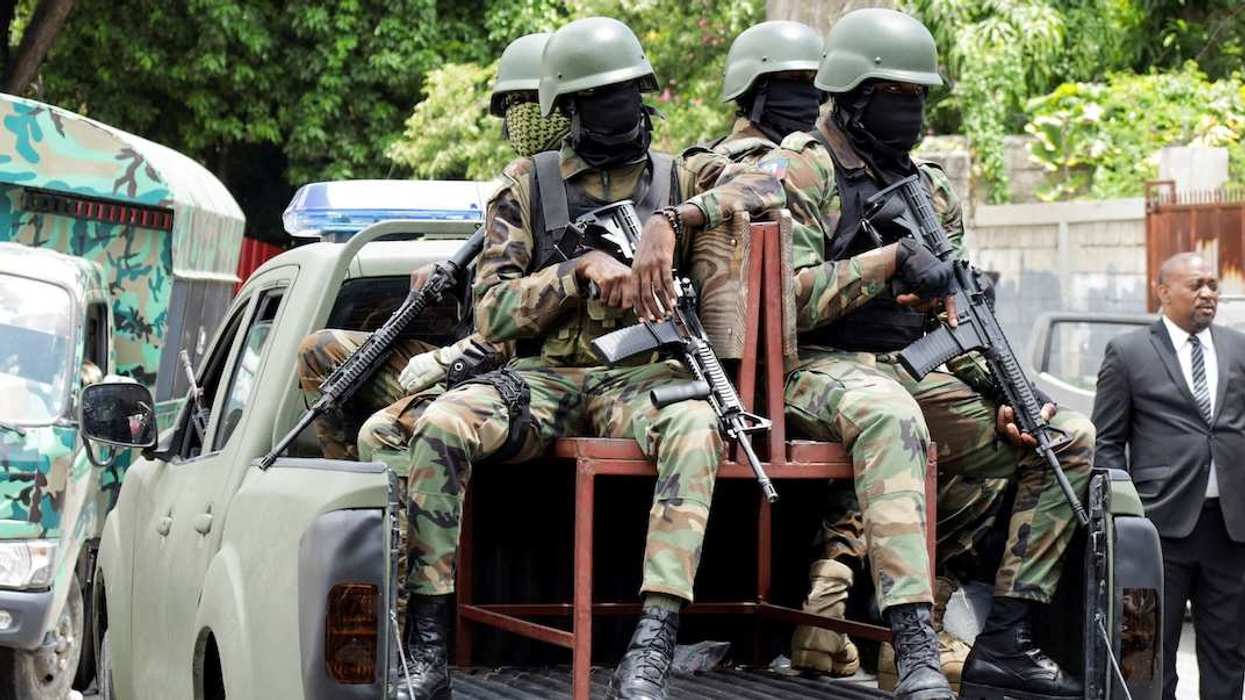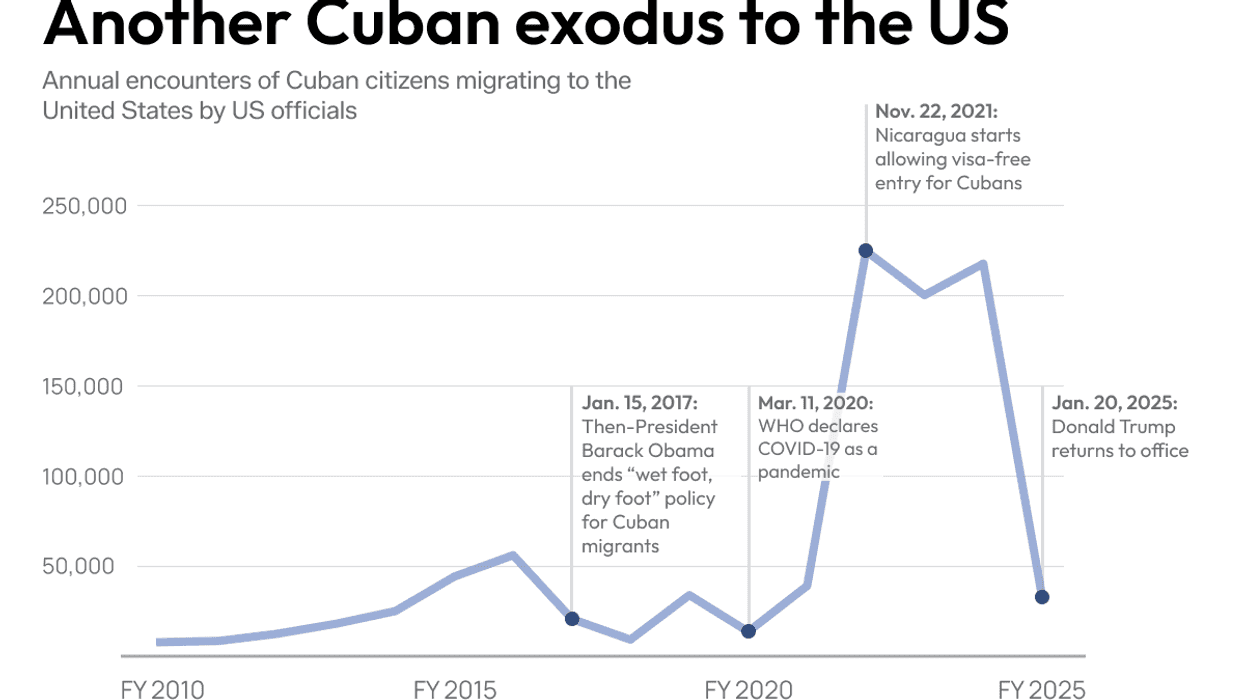Andean aftermath: Two big weekend elections in South America produced two stunning results. In Ecuador's presidential runoff, the center-right former banker Guillermo Lasso upset early frontrunner Andrés Arauz, a leftist handpicked by former president Rafael Correa. Lasso will take power amid the social and economic devastation of the pandemic and will have to reckon with the rising political power of Ecuador's indigenous population: the Pachakutik party, which focuses on environmental issues and indigenous rights, is now the second-largest party in parliament. Meanwhile, in a big surprise next door in Perú, far-left union leader Pedro Castillo tallied up the most votes in the first round of that country's highly fragmented presidential election. As of Monday evening it's not clear whom he'll face in the June runoff, but three figures are in the running as votes are counted: prominent neoliberal economist Hernando De Soto, rightwing businessman Rafael López Aliaga, and conservative Keiko Fujimori, daughter of the country's imprisoned former strongman. Meanwhile, in the congressional ballot, at least 10 parties reached the threshold to win seats, but there is no clear majority or obvious coalition in sight.
China jabs itself in the foot: China has promised hundreds of millions of doses of its vaccines for more than 45 countries, including some where a Chinese-made jab is the only one available. That's why alarm bells rang over the weekend when George Gao, head of China's Center for Disease Control and Prevention, said publicly China's government might try mixing different vaccines together to address the "not high" efficacy of current Chinese vaccines. (The WHO says there's no evidence that mixing vaccines improves their performance.) Chinese officials, including Gao, moved quickly to limit the damage. Gao now says he was taken out of context, and public officials say any vaccine with an efficacy rate higher than 50 percent is worth taking. China's vaccines will save many lives, even if its products are less effective than others, and we should all hope that scientists everywhere are looking for new ways to boost vaccine effectiveness. But this episode reminds us yet again that for China, where the pandemic began under cover of secrecy, COVID-19 remains a public relations nightmare.

















